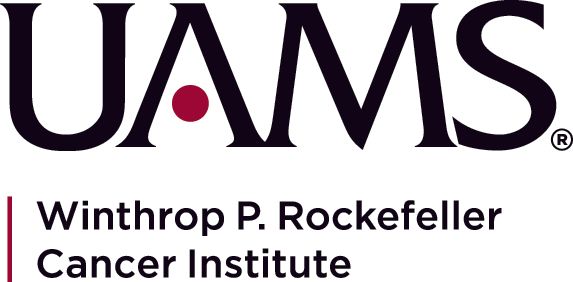
Dr. Van Rhee on Future Research Directions for CAR T-Cell Therapy in Multiple Myeloma

Frits van Rhee, MD, PhD, discusses future research directions with CAR T-cell therapy for the treatment of patients with multiple myeloma.
Frits van Rhee, MD, PhD, professor and director of the myeloma center at the University of Arkansas for Medical Sciences, and Charles and Clydene Scharlau Chair for Hematological Malignancies, discusses future research directions with CAR T-cell therapy for the treatment of patients with multiple myeloma.
A significant question that remains with CAR T-cell therapy in for patients with multiple myeloma is where it fits into the treatment algorithm, according to van Rhee. It is feasible that this therapy could be given early in the course of treatment, such as for patients who experience early relapse, those who are diagnosed with aggressive disease, or as a replacement for stem cell transplantation, van Rhee says.
Another future opportunity with this modality is to improve upon existing CAR T-cell therapies, van Rhee adds. Thus far, CAR T-cell therapy has been exciting due to the results obtained with only first-generation products, van Rhee notes. To build on this, it is important to examine how to make these treatments persist, and last longer in patients, as well as understand how the bone marrow microenvironment affects the efficacy of these treatments, van Rhee concludes.




































